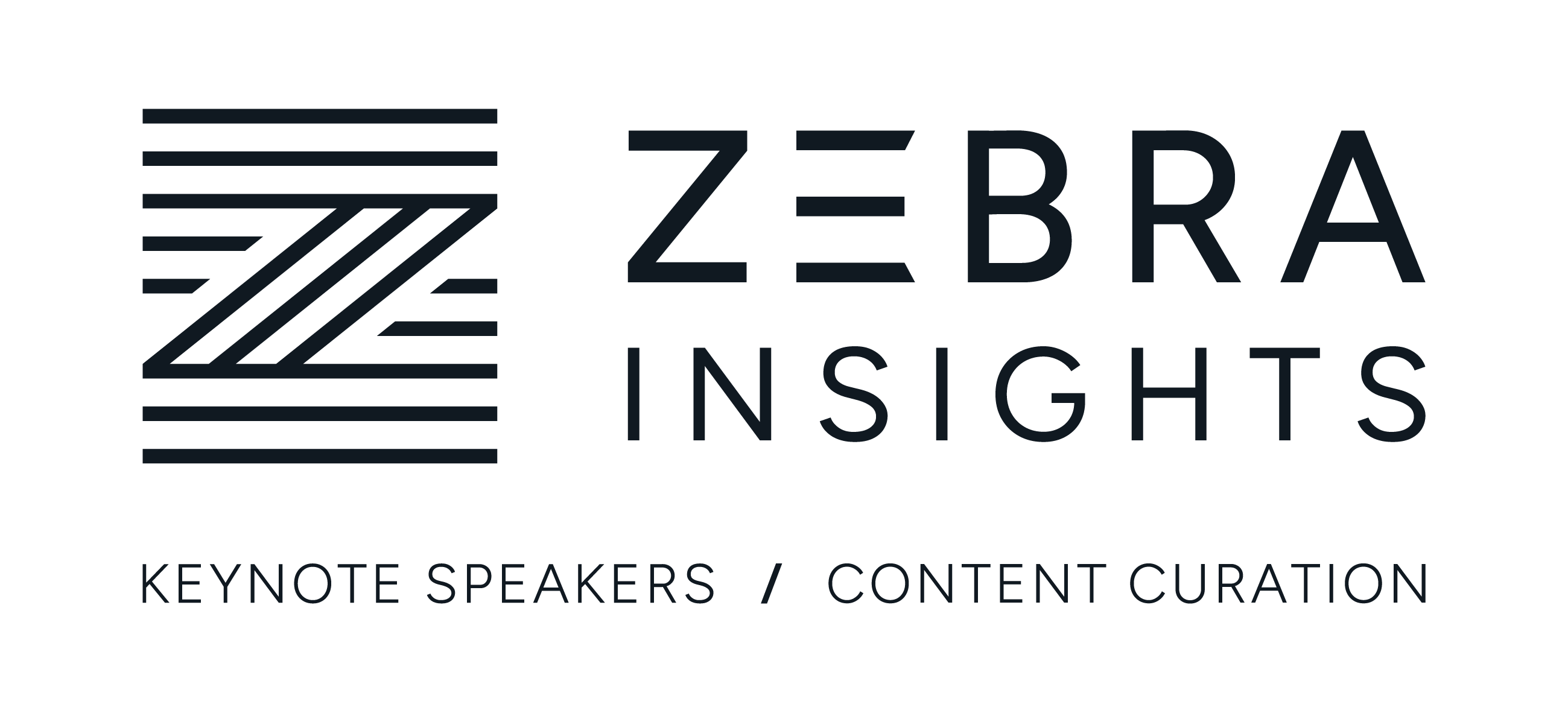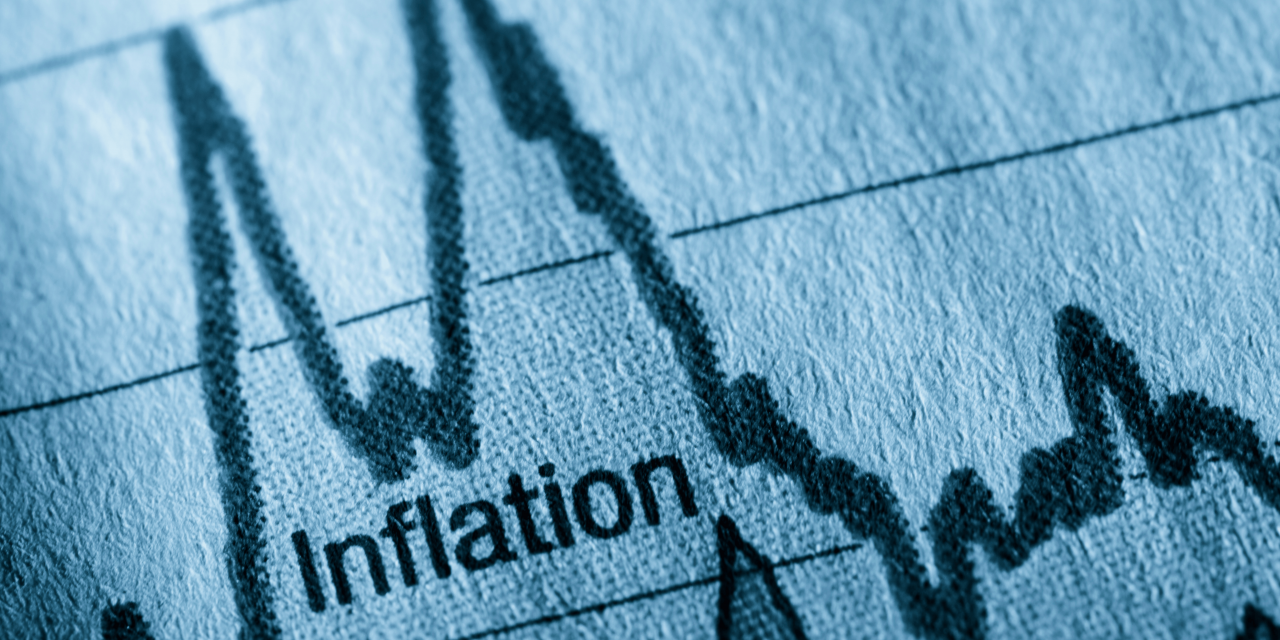By Joseph E. Stiglitz Source: Project-Syndicate.com
A careful look at US economic conditions supports the view that inflation was driven mainly by supply-side disruptions and shifts in the pattern of demand. Given this, further interest-rate hikes will have little to no effect – and will cause far-reaching problems of their own.
Despite favorable indices, it is too soon to tell whether inflation has been tamed. Nonetheless, two clear lessons have emerged from the recent price surge.
First, economists’ standard models – especially the dominant one that assumes the economy always to be in equilibrium – were effectively useless. And, second, those who confidently asserted that it would take five years of pain to wring inflation out of the system have already been refuted. Inflation has fallen dramatically, with the December 2022 seasonally adjusted consumer price index coming in just 1% above that for June.
There is overwhelming evidence that the main source of inflation was pandemic-related supply shocks and shifts in the pattern of demand, not excess aggregate demand, and certainly not any additional demand created by pandemic spending. Anyone with any faith in the market economy knew that the supply issues would be resolved eventually; but no one could possibly know when.
After all, we have never endured a pandemic-driven economic shutdown followed by a rapid reopening. That is why models based on past experience proved irrelevant. Still, we could anticipate that clearing supply bottlenecks would be disinflationary, even if this would not necessarily counteract the earlier inflationary process immediately or in full, owing to markets’ tendency to adjust upward more rapidly than they adjust downward.
Policymakers continue to balance the risk of doing too little versus doing too much. The risks of increasing interest rates are clear: a fragile global economy could be pushed into recession, precipitating more debt crises as many heavily indebted emerging and developing economies face the triple whammy of a strong dollar, lower export revenues, and higher interest rates. This would be a travesty. After already letting people die unnecessarily by refusing to share the intellectual property for COVID-19 vaccines, the United States has knowingly adopted a policy that will likely sink the world’s most vulnerable economies. This is hardly a winning strategy for a country that has launched a new cold war with China.
Worse, it is not even clear that there is any upside to this approach. In fact, raising interest rates could do more harm than good, by making it more expensive for firms to invest in solutions to the current supply constraints. The US Federal Reserve’s monetary-policy tightening has already curtailed housing construction, even though more supply is precisely what is needed to bring down one of the biggest sources of inflation: housing costs.
Joseph Stiglitz is a renowned economist, former chairman of the Council of Economic Advisers under President Clinton and Chief Economist and Senior Vice President of the World Bank. He is a winner of the 2001 Nobel Memorial Prize in economics and received the John Bates Clark Medal, awarded to the American economist under 40 who has made the most significant contribution in the field.


